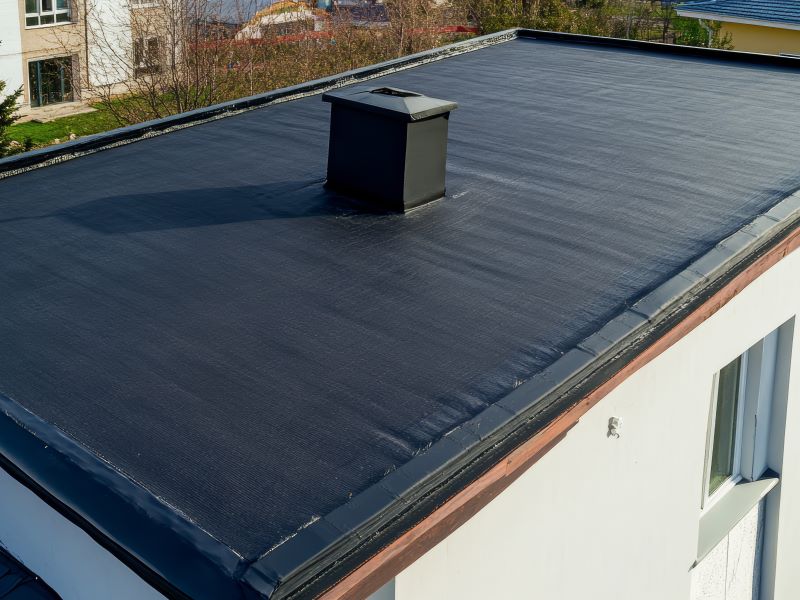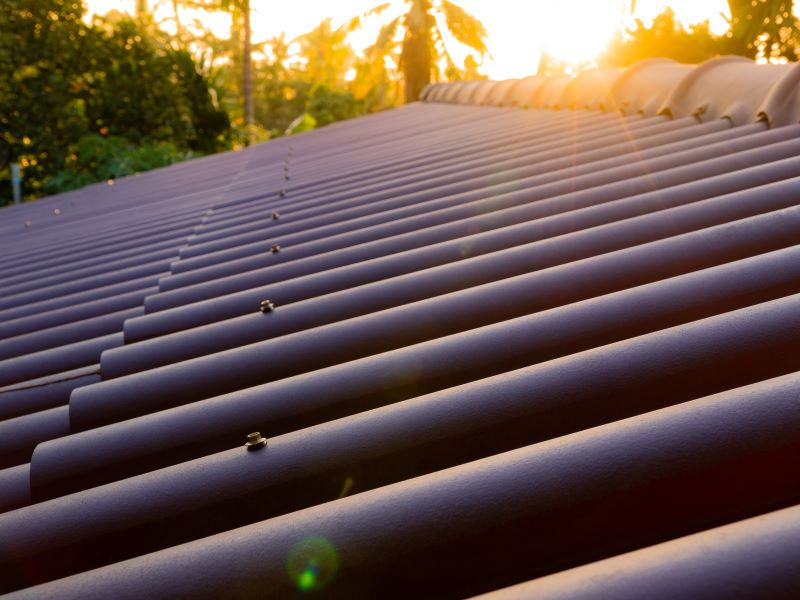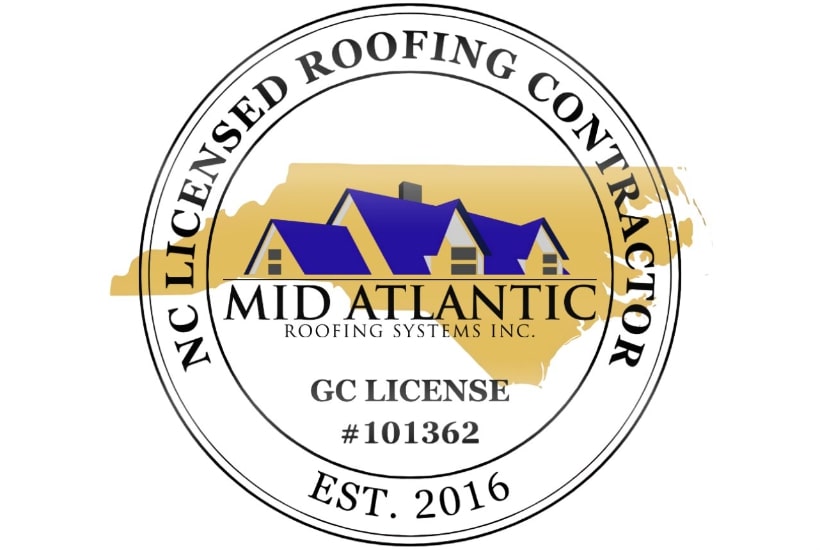Low-Slope Specialty Roofing by Mid Atlantic Roofing Systems Inc.
Low-slope specialty roofing is designed for buildings with a minimal pitch or nearly flat roofs. This type of roofing requires specialized materials and installation techniques to ensure effective water management and long-lasting performance. At Mid Atlantic Roofing Systems Inc., we offer a range of solutions tailored to the unique demands of low-slope roofs. Understanding the characteristics and benefits of low-slope specialty roofing can help you make informed decisions for your property.

What is Low-Slope Specialty Roofing?
Low-slope roofing refers to roofs with a pitch of less than 3:12 (three inches of vertical rise for every 12 inches of horizontal run). These roofs are often seen in commercial, industrial, and residential buildings where aesthetics, space, or functional requirements dictate a minimal slope.
Low-slope specialty roofing encompasses various materials and systems designed to address the specific challenges associated with minimal pitch.

Key Types of Low-Slope Specialty Roofing Systems
EPDM (Ethylene Propylene Diene Monomer)
EPDM is a synthetic rubber roofing membrane known for its flexibility, durability, and resistance to weather extremes. Ideal for low-slope applications, EPDM provides a seamless, waterproof barrier that can withstand UV exposure and temperature fluctuations. Its ease of installation and maintenance makes it a popular choice for commercial and industrial buildings.
TPO (Thermoplastic Olefin)
TPO is a single-ply roofing membrane that offers a blend of durability and energy efficiency. With reflective properties that help reduce cooling costs, TPO is suitable for low-slope roofs exposed to significant sunlight. The heat-welded seams create a robust, watertight seal that enhances the roof’s performance and longevity.
PVC (Polyvinyl Chloride)
PVC roofing systems are known for their exceptional resistance to chemicals, fire, and water. PVC membranes are installed with heat-welded seams, ensuring a leak-proof seal. The reflective surface of PVC roofing also contributes to energy savings by reducing heat absorption and cooling loads.
Modified Bitumen
Modified bitumen roofing combines asphalt with polymer modifiers to improve its flexibility and durability. Typically installed in multiple layers, this system provides excellent waterproofing and can withstand harsh weather conditions. Modified bitumen is a robust choice for low-slope roofs requiring reliable performance.
Advantages of Low-Slope Specialty Roofing
- Waterproofing: Effective water management is crucial for low-slope roofs due to their minimal pitch. Specialty roofing systems, such as EPDM, TPO, and PVC, offer superior waterproofing capabilities to prevent leaks and water damage. Proper installation and maintenance ensure long-term protection against moisture infiltration.
- Energy Efficiency: Many low-slope roofing materials feature reflective properties that reduce heat absorption. This can lead to lower cooling costs and improved energy efficiency for your building. TPO and PVC, in particular, are known for their energy-saving benefits.
- Durability and Longevity: Specialty roofing systems are designed to withstand the demands of low-slope applications, including exposure to UV rays, temperature changes, and mechanical stress. High-quality materials and proper installation contribute to a long-lasting and resilient roof.
- Minimal Maintenance: Low-slope roofing systems generally require less maintenance compared to traditional pitched roofs. The absence of complex angles and the durability of specialty materials reduce the need for frequent repairs and inspections.
- Versatility: Specialty roofing materials offer flexibility in design and application. They can be customized to fit various architectural styles and functional requirements, making them suitable for a wide range of building types.

Why Choose Mid Atlantic Roofing Systems Inc.?
At Mid Atlantic Roofing Systems Inc., we ensure that every low-slope specialty roofing project is handled with precision and expertise. Our team conducts thorough inspections, recommends the best roofing solution for your needs, and executes installation with attention to detail. Regular maintenance and inspections are essential to preserving the integrity of your roof and addressing any issues before they become significant problems.
Low-slope specialty roofing provides a tailored solution for buildings with minimal pitch, offering durability, energy efficiency, and effective water management. At Mid Atlantic Roofing Systems Inc., we are dedicated to delivering high-quality roofing systems and services that meet the unique needs of your property. Contact us today to explore how our low-slope specialty roofing solutions can enhance the performance and longevity of your roof.

